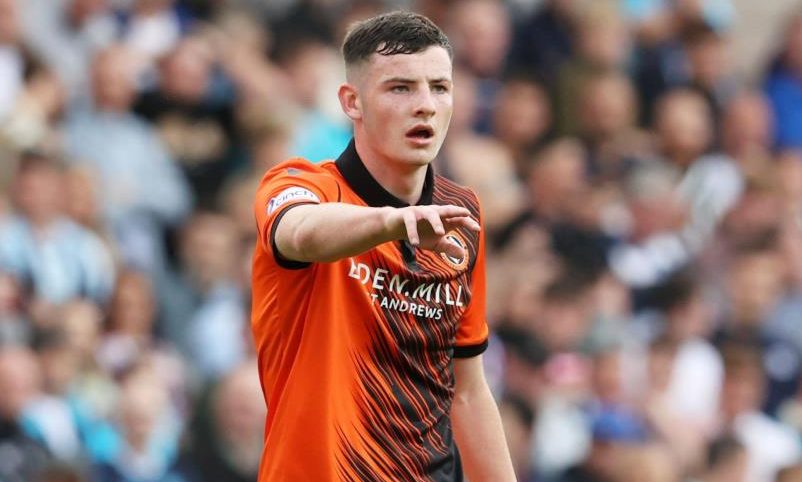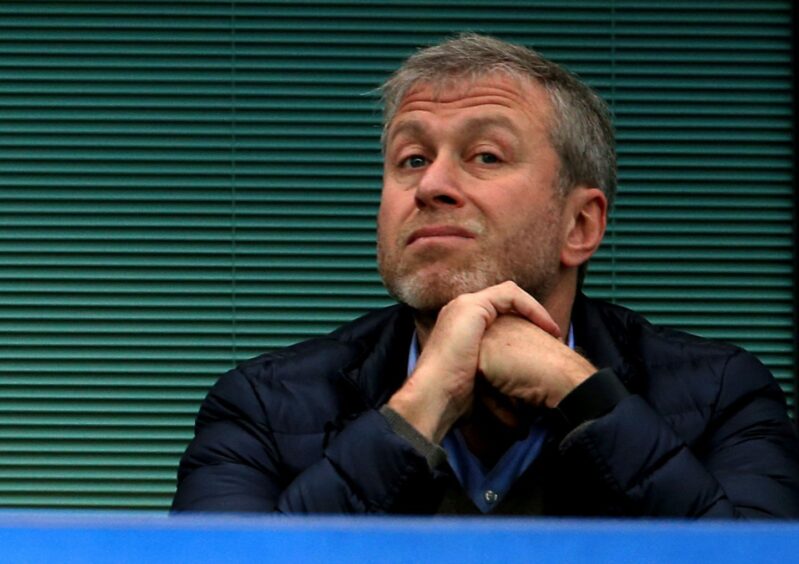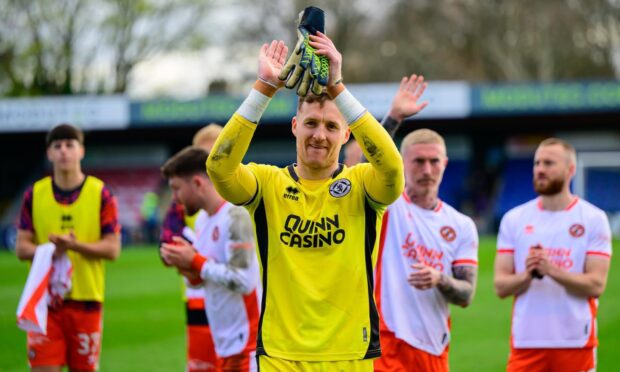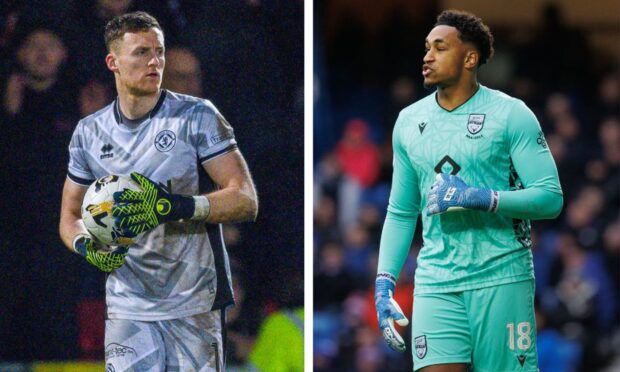Scottish football is finally producing young players that can keep the wolf from the door in the transfer market and improve our game at the same time.
Aberdeen’s sale of Calvin Ramsay to Liverpool could eventually net them over £6 million – and the Dons have also sold Lewis Ferguson to Bologna for £3 million.
Josh Doig moved from Hibs to Verona for a fee of around £3 million, while Aaron Hickey, who moved to Bologna from Hearts two seasons ago for £1.5 million, has just been bought by Brentford of the English premier league for £17 million with add-ons, with the Tynecastle club profiting from a sell-on clause.
Kerr Smith’s move to Aston Villa last season could net Dundee United £2 million as their academy system continues to flourish and attract the attention of big clubs elsewhere.
For a long time, it looked like we were becoming a barren football land, but suddenly young Scots are catching the attention of outfits with money to spend, which offers our clubs the chance to invest in youth knowing that, if they sell, they’ll do more than just cover their costs.
That’s a big boost because financially we are still light years behind many other countries, especially our nearest neighbours, England, in financial terms
As the new season looms on both sides of the border, Scottish football’s place in the football family isn’t hard to recognise: we’re the poor relations.
It’s no disservice to our game to accept that what we love and watch on a weekly basis has long been in a different league to the way the game has developed and continues to grow in the major football nations and, in particular, down south.
With Chelsea’s recent £2.5 billion takeover by American investors, it’s clear that football at the very top level in England continues to inhabit a completely different planet to Scotland.
Around 45% of English Premier League clubs are either owned outright, like Arsenal, Liverpool and Man Utd, or have some element of US investment.
Clubs like Chelsea and Manchester City were always big outfits, if not among the absolute giants of the game, but investment from mega-wealthy backers has transformed them into worldwide brands.
Celtic and Rangers have both traditionally had huge supporter bases, along with a global fan diaspora which most English clubs can’t match, but mega-money has changed the football landscape beyond recognition.
The annual turnover of the two Glasgow clubs, who are financial behemoths in comparison to all of their Scottish competitors, is chicken feed set beside the income of the big outfits in England.
Liverpool’s predicted turnover of over £580 million for 2022 – with around £100 Million of that coming from their Champions League run – dwarves that of Celtic, who were the first Scottish outfit in history to generate £100 million in revenue in 2018.
Selling young Scottish talent won’t propel our clubs into Liverpool’s sphere, but we’re finally getting some decent fees instead of being regularly ripped off.
That allows us to sell our best and improve the rest to ensure that our game grows stronger each season.














Conversation